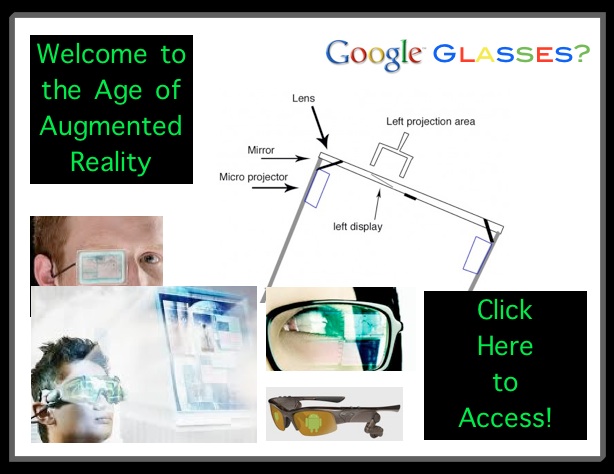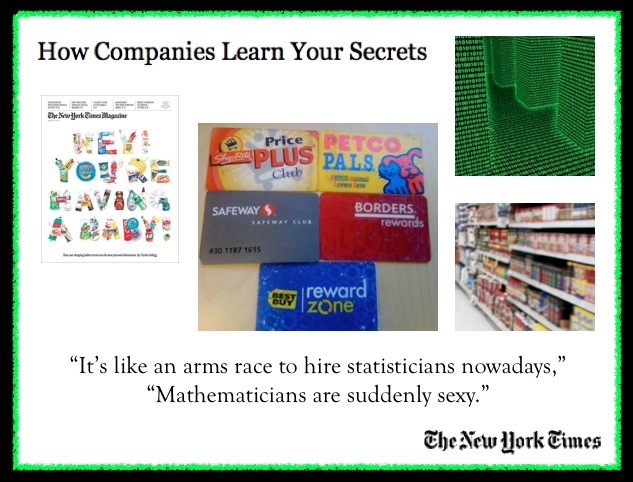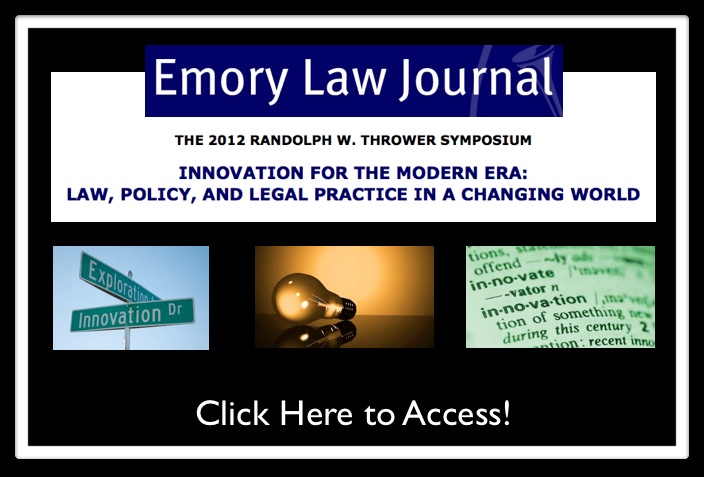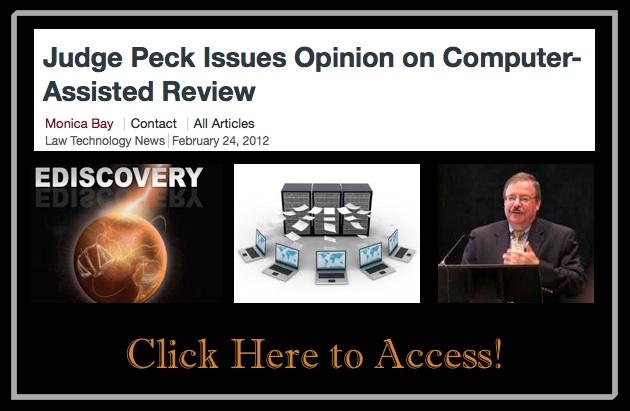 See also Monique Da Silva Moore, et al., Plaintiffs, v. Publicis Groupe & MSL Group, Defendents (Opinion and Order). as well as this article, this article, this article, this article, etc. from a few days ago (when there was a bit of misreporting on this case). [ HT: Legal Informatics Blog ]
See also Monique Da Silva Moore, et al., Plaintiffs, v. Publicis Groupe & MSL Group, Defendents (Opinion and Order). as well as this article, this article, this article, this article, etc. from a few days ago (when there was a bit of misreporting on this case). [ HT: Legal Informatics Blog ]
Month: February 2012
Health InfoScape [ via GE Data Visualization Lab ]
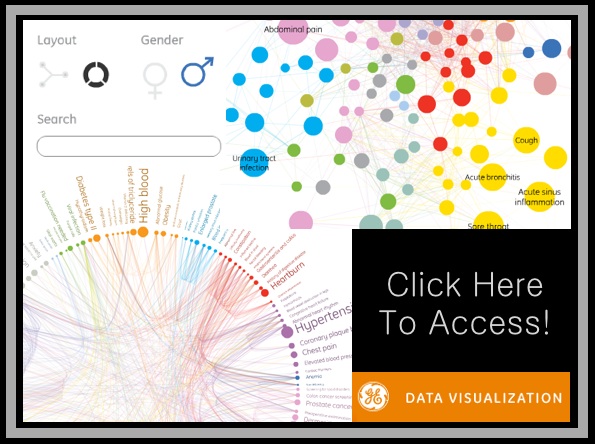 From the GE Page: “When you have heartburn, do you also feel nauseous? Or if you’re experiencing insomnia, do you tend to put on a few pounds, or more? By combing through 7.2 million of our electronic medical records, we have created a disease network to help illustrate relationships between various conditions and how common those connections are. Take a look by condition or condition category and gender to uncover interesting association.
From the GE Page: “When you have heartburn, do you also feel nauseous? Or if you’re experiencing insomnia, do you tend to put on a few pounds, or more? By combing through 7.2 million of our electronic medical records, we have created a disease network to help illustrate relationships between various conditions and how common those connections are. Take a look by condition or condition category and gender to uncover interesting association.
About the Data: “The information used for this visualization is based on 7.2 million patient records from GE’s proprietary database, and represents some of the conditions that commonly affect Americans today. By investigating how different ailments are related, one may gain various insights about condition associations. The numbers and percentages are meant to represent general trends. Looking at the data in new ways like this can help us understand health and gain new insights about how to take better care of ourselves and the healthcare system.”
Neil Burgess: How Your Brain Tells You Where You Are [TED Salon]
How do you remember where you parked your car? How do you know if you’re moving in the right direction? Neuroscientist Neil Burgess studies the neural mechanisms that map the space around us, and how they link to memory and imagination.
The Age of Big Data [via NY Times]
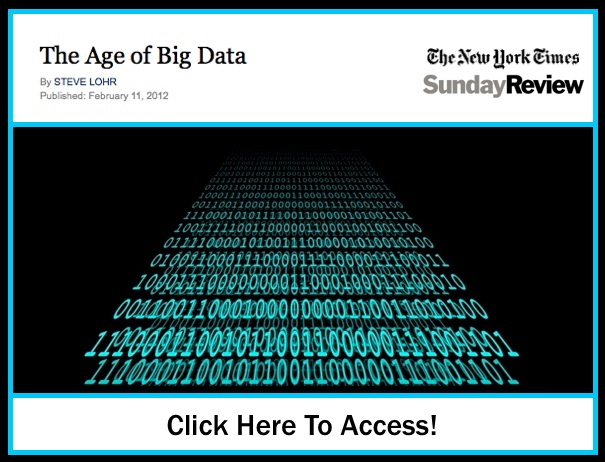 Please read this article and ask yourself how can we get in front of this – both as a profession and as an academy.
Please read this article and ask yourself how can we get in front of this – both as a profession and as an academy.
Big Data and ‘Soft’ Artificial Intelligence are the center piece of my presentation and forthcoming paper the Age of Quantitative Legal Prediction. For the legal services industry, a very different world is coming (is already here in certain circles). As a Law Professor, I am preparing my students to be the leaders in this world with my Quantitative Methods for Lawyers course, Legal Information Technology & Engineering (London Summer Program), E-Discovery as well as several other courses that my MSU colleagues and I are developing.
As I said to start the year – it is time to step up your game. 🙂
Legal Reasoning [ By Barbara Spellman & Frederick Schauer ]
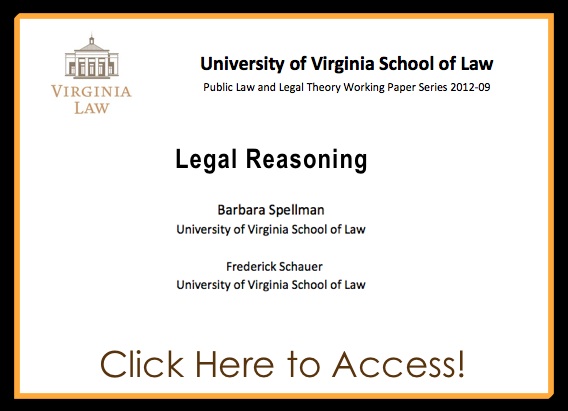 From the abstract: “The nature of legal reasoning, and its relationship with reasoning, has long been a topic of importance for lawyers and legal scholars. But it is also a topic with psychological implications, especially cognitive ones, and indeed most of the existing views about legal reasoning depend on psychological assumptions about the way in which ordinary people, lawyers, and judges reason and make decisions. This article, a chapter in the forthcoming Oxford Handbook on Thinking and Reasoning (K. Holyoak & R. Morrison eds.), explores the intersection between cognitive and social psychology, on the one hand, and legal reasoning and thinking and decision making, on the other. It attempts to show how existing psychological research is germane to the important questions about the nature legal reasoning – particularly with respect to precedent, analogy, authority, and rule-following – but even more it attempts to suggest a range of topics and questions that additions to the now-small body of psychological research might usefully address.”
From the abstract: “The nature of legal reasoning, and its relationship with reasoning, has long been a topic of importance for lawyers and legal scholars. But it is also a topic with psychological implications, especially cognitive ones, and indeed most of the existing views about legal reasoning depend on psychological assumptions about the way in which ordinary people, lawyers, and judges reason and make decisions. This article, a chapter in the forthcoming Oxford Handbook on Thinking and Reasoning (K. Holyoak & R. Morrison eds.), explores the intersection between cognitive and social psychology, on the one hand, and legal reasoning and thinking and decision making, on the other. It attempts to show how existing psychological research is germane to the important questions about the nature legal reasoning – particularly with respect to precedent, analogy, authority, and rule-following – but even more it attempts to suggest a range of topics and questions that additions to the now-small body of psychological research might usefully address.”
This is very useful paper. If anything, I believe the authors have understated the importance of these questions and this line of research – particularly in light of the broader dynamic of “human v. machine” which I have argued will come to dominate the future of the legal services industry (as well as other professional services). That does not mean that humans will be replaced writ large but there is some significant displacement coming down the pipeline — see here, here, here, here, here, etc.
Udacity – The Future of < Online > Education?
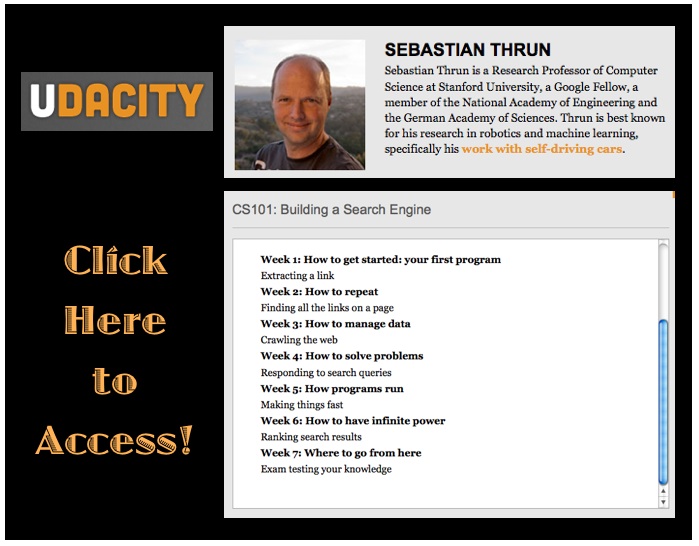 Sebastian Thrun of Stanford AI Class fame (you know – the largest class in human history with 160,000 participants) has just left his tenure track position to start an online education platform – Udacity. Here is an article about Udacity and here is the statement from the website: “We believe university-level education can be both high quality and low cost. Using the economics of the Internet, we’ve connected some of the greatest teachers to hundreds of thousands of students all over the world. ” In other words, the for-profits (i.e. University of Phoenix) as well as all of us at standard four year universities should be scared!
Sebastian Thrun of Stanford AI Class fame (you know – the largest class in human history with 160,000 participants) has just left his tenure track position to start an online education platform – Udacity. Here is an article about Udacity and here is the statement from the website: “We believe university-level education can be both high quality and low cost. Using the economics of the Internet, we’ve connected some of the greatest teachers to hundreds of thousands of students all over the world. ” In other words, the for-profits (i.e. University of Phoenix) as well as all of us at standard four year universities should be scared!

